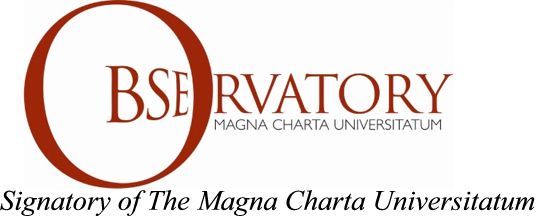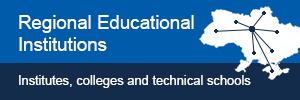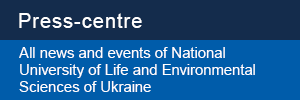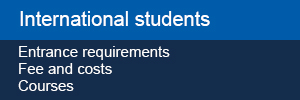Young scientists of the Faculty of Veterinary Medicine spoke at a conference in Ohio (USA)
2020 turned out to be extremely difficult for every sphere, and especially for the medical one. However, the difficulties did not go unnoticed by educators and scientists. The first wave of corona crisis seemed to paralyze all activities, but later, when scientists began to realize that this wave will not go away so quickly and it must not just survive, but also, under constant constraints, to develop further, then most of our colleagues around the world maximum effort to use all the experience gained and "saddle the crest." Yes, online lessons, online trainings and online conferences have started to be created. Of course, conducting classes and trainings and, moreover, numerous conferences in the "offline" format had continuous advantages due to the possibility of live communication with the audience, coverage of more issues in discussions and in general, higher quality.
This difference was exacerbated when participating in such events abroad, as the speech barrier has always existed and visual contact is important for the best understanding. However, the new requirements required new approaches. This is especially true for young scientists who are taking their first steps into the world of discovery. Also, restrictions and closures of borders have become a partial obstacle to testing the results of dissertations in the international scientific community.
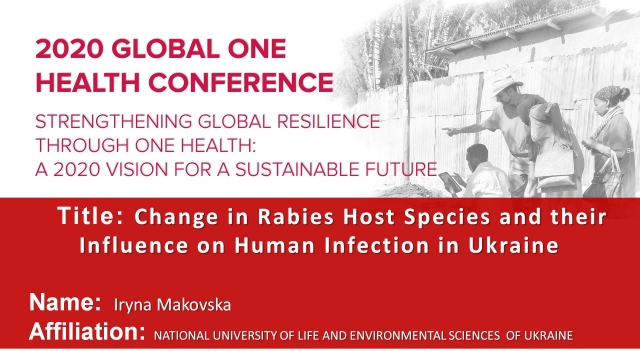
Although, on the one hand, it physically divided us, the common misfortune that affected each country, on the contrary, forced us to look for ways to exchange scientific achievements, and, consequently, open online borders for foreigners. If, for example, previously to participate in a solid international conference had to pay more than a hundred euros plus the cost of flight and accommodation, which was almost unrealistic for a Ukrainian scientist and required considerable ability, effort and time to find additional funding, such as winning travel grant, today the scientific space is open, and the former cool conferences no longer charge a high fee for participation in the online format, and sometimes even free, because they value each participant and understand that today's science needs to flourish, not decline. The organizers of the Global One Health Day Conference at Ohio State University in Ohio State University (the program of the event at https://oia.osu.edu/units/global-one-health- initiative / outreach-and-exte ...), in which our colleagues took part with oral reports - Iryna Makovska, a graduate student of the Department of Epizootology, Virology and Microbiology (supervisor - Professor VV Nedosekov) and Oleksandra Keppl, a researcher at Ukrainian Laboratory of Quality and Safety of Animal Products of National University of Life and Environmental Sciences of Ukraine.
.


Due to the lack of restrictions on the number of participants, this conference brought together scientists from around the world. These were representatives of universities in North and South America, Europe, Asia and Africa. The conference lasted three days and, what was especially impressive, started for American colleagues at 7 am to adapt to the conditions and opportunities of all participants. The value of this conference, according to our colleagues, was that in addition to the standard writing and submission of abstracts, there was a requirement to make posters and a separate presentation, record everything on video and upload to the conference website, where the moderator determined the priority of topics in the section each participant fixed a certain place in the program for a live performance in advance, and video presentations remained in the database in case of absence of the speaker or technical problems.
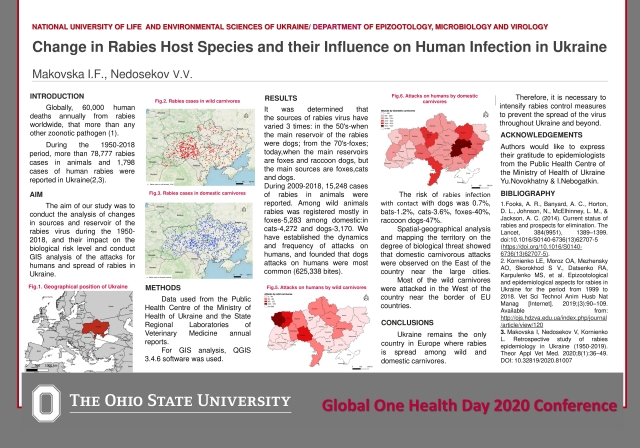
Perhaps this experience of overseas colleagues will be useful during online conferences at our faculty. In general, given the current online transformations for domestic scientists, even more scientific resources become available, which will continue to improve themselves remotely, because despite all the obstacles, science has no boundaries.
Head of the Department of Epizootology, Microbiology and Virology, Ph.D., Associate Professor
Vladimir Melnik



